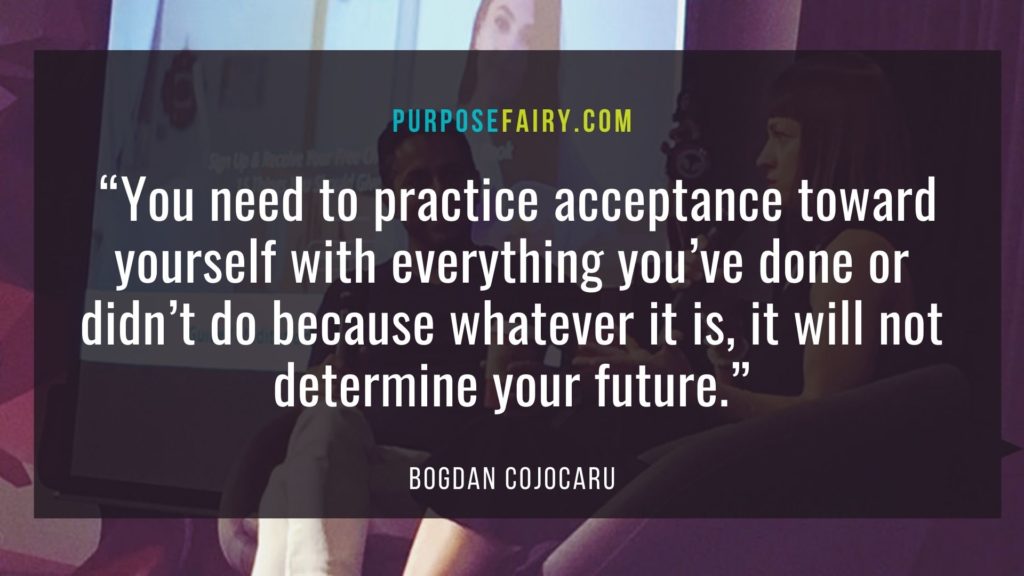
When someone falls short of your expectations for them, do you ever put in the effort to try fixing people?
You know, do you give them all kinds of advice they never asked you for designed to correct their issues and problems?
Do you point out where their short-comings are and criticize them for it?
Do you maybe even send them articles or books that promise to solve what you think is wrong with them or is lacking in their life? Or do you try to get them to get professional “help”?
If so, have you ever stopped to consider what you’re really communicating and conveying to them when you do this?
Fixing People

Your intention is to change them into something better, right? It’s to help them, isn’t it? But does it work?
And more importantly, how are they really responding to your attempts at fixing people?
Let me ask you this: When we treat people like they’re falling short, isn’t it safe to say that how they respond emotionally to this is to feel like they’re not “good enough” for us?
When we offer people advice and help that they didn’t ask us for it, aren’t we really viewing them as incompetent in some way? And who likes to feel like they’re incompetent? Who likes to feel like they’re inadequate?
Has anyone ever made you feel this way … that you’re incompetent and inadequate? It’s not a pleasant feeling, is it?
Furthermore, how did you feel about the person who made you feel that way?
Didn’t you resent them?
In fact, didn’t you get offended that they were essentially propping themselves up as being better and more knowledgeable than you?
Didn’t their efforts make you feel like you were under attack?
Why Fixing People Will Always Lead You Nowhere
If you’ve ever been on the receiving end of this kind of behaviour, you know how demeaning and patronizing it is. So if you don’t like it, wouldn’t it be a good idea to avoid inflicting the same treatment on others?
After all, what good comes from your attempts at fixing people we come into contact with?
First, does it work to change them?
Nope. And with the resentment and animosity we trigger in them when we act like this, does it strengthen our relationship with them – or weaken it?
Doesn’t it just cause them to lose trust in us and pull away?
So how do we change people then? How do we get them to fix their issues and problems?
Guess what?
We don’t.
No, our job is to accept people for who they are and where they are in life without meddling and especially without patronizing them with our unsolicited advice.
But what if you want a better relationship with them, and the obstacle is that they’re not changing into who you think they should be?
Again, guess what?

If it’s a friend or significant other, it’s time to start considering that maybe you just have the wrong person in your life.
What if the real problem isn’t that the person falls short of your expectations? What if the real problem is that you chose to get into a friendship or relationship with someone who just isn’t incompatible with you?
It’s wonderful to have standards for the people we associate with, but when we choose someone who doesn’t meet them, and instead we try to get them to conform to those standards after the fact, we’re out of line.
We’re crossing their boundaries and treating disrespectfully.
Why not instead find people who are already the way we want them to be?
Wouldn’t that be a better game plan?
What’s Behind Your Attempts at Fixing People?
Because they’re out there! And if you think about all this some more, is there any chance that the reason for fixing people isn’t so much because you care but because you want to validate yourself?
What do I mean?
Is it possible that the reason you might turn someone in your life into a “pet project” is because you want to get the all the credit when they change?
Isn’t it possible you want praise and approval for how you transformed someone, to feel useful and special?
Well, why not focus on ourselves? Why not work on changing and “fixing” ourselves instead?
That’s the only person we can really change anyway.
When we find ourselves taking a shot at fixing people, a friend or partner, this is simply a sign that they don’t meet our standards. And the only real solution to this is to move on and find someone who has already met those standards rather than patronizing and nagging and fault-finding those who don’t.
I would take these considerations to heart.
Comments
Kynan Patram
Kynan is a writer who blogs about how to be great with people. For more of his ideas, strategies and techniques, visit his blog at www.kynanpatram.com.
read more